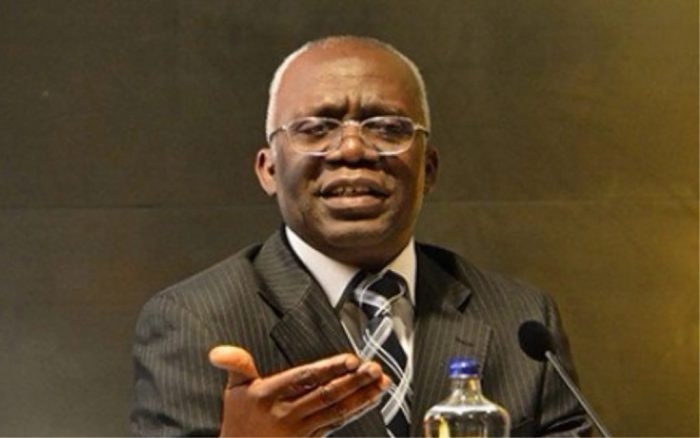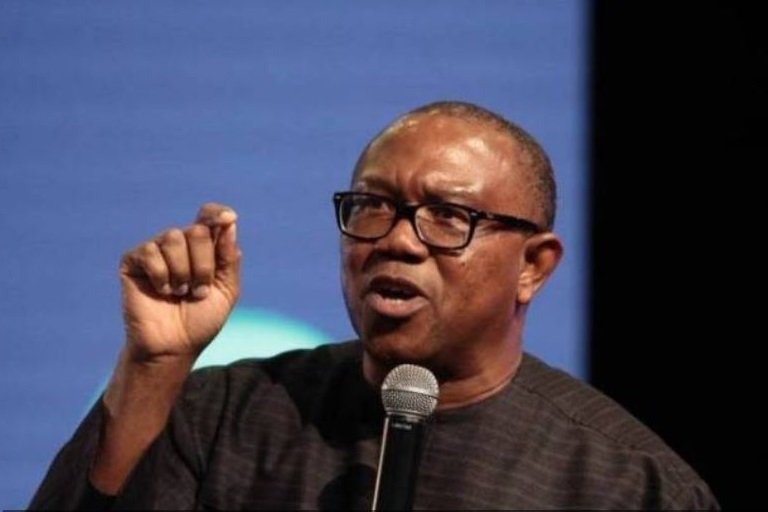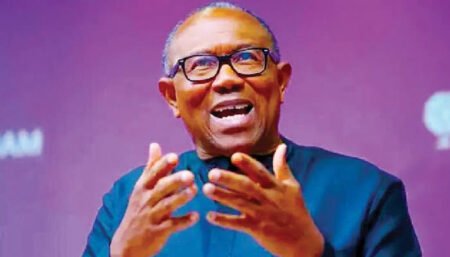Human rights lawyer and Senior Advocate of Nigeria, Femi Falana, has criticised President Bola Tinubu’s economic policies, stating they largely benefits the elite while worsening the economic conditions of the average Nigerian.
Falana made these remarks on Monday during an interview on Politics Today, a Channels Television programme, where he expressed concern over the growing disparity between the rich and the poor under Tinubu’s administration, which just marked its second year in office.
“For members of the government—and I’m talking of top officials—it’s been very rosy. One of them was singing a week ago that things are getting better,” Falana said.
“Of course, for the rich, the bourgeoisie, things are getting better. But for the masses of our people, things are getting tougher because they are going through an excruciating economic crisis.”
While acknowledging President Tinubu’s repeated calls for patience from the public, Falana maintained that such appeals are insufficient in the face of worsening economic realities.
“In fairness to the President, on many occasions, he has asked Nigerians to bear with him, to exercise patience, that our economic programme will lead to prosperity,” he said.
“Whether you believe that or not is another matter, but the government itself realises that there is a crisis in town, that people are hungry, that many are about to withdraw their children from school because of the rigid implementation of neoliberal policies dictated or endorsed by the IMF and World Bank.”
Falana also condemned the devaluation of the naira, stressing that such a policy is harmful to an import-dependent economy like Nigeria.
“If you devalue the currency of a country that is import-oriented, you are going to have an astronomical rise in the price of goods, and that is what has happened to our country. You devalue the currency, and you lose interest,” he said.
He urged the government to depart from the economic prescriptions of the International Monetary Fund (IMF) and World Bank and to instead embrace policies driven by national interest.
“My position, which I have made repeatedly clear, is that the government must abandon the prescriptions of the Bretton Woods institutions and have confidence in Nigeria so that Nigerians can be given the opportunity to run this country in the interest of our people.”
Falana concluded by calling on citizens to engage actively in budget monitoring and demand accountability from public officials.
“I want to challenge Nigerians to appreciate that budgets are presented to the National Assembly by the President. Governors also present budgets to their respective Houses of Assembly. Nigerians must take these budgets, identify the items one by one, and ensure we follow up and monitor their execution,” he added.











